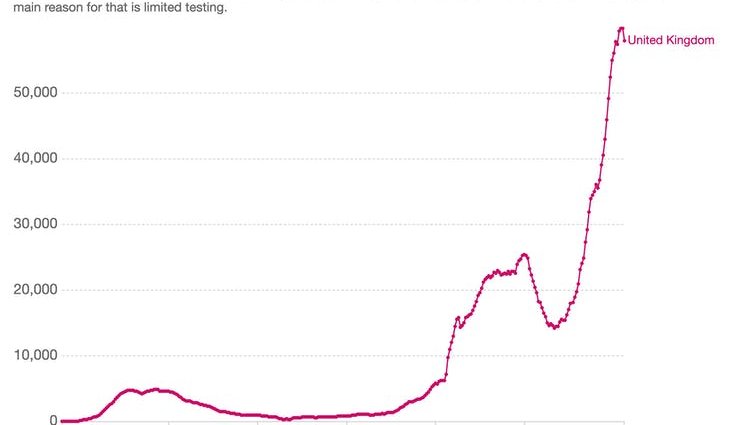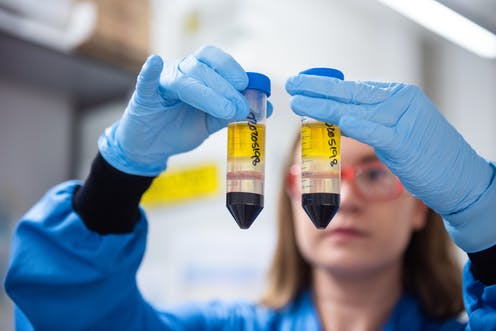Bacon: how you cook it could partially lower cancer risk
Lightly-browned bacon has less carcinogens than well-cooked bacon. D. Pimborough/ Shutterstock Bacon is a much-loved, comforting breakfast item – during the global pandemic, sales have surged in the US and the UK. But while bacon may be delicious, experts recommend people eat little or no processed meats because of their cancer risk. But while the cancer risk from processed foods is certainly something to think about, that doesn’t mean bacon should be totally off the menu. In fact, you might be able to lower some of the cancer risk from eating bacon depending on how you cook it. Nitrites are perhaps the best-known cancer risk in bacon. Nitrites are used as a preservative, and are also converted in the stomachContinue Reading




















